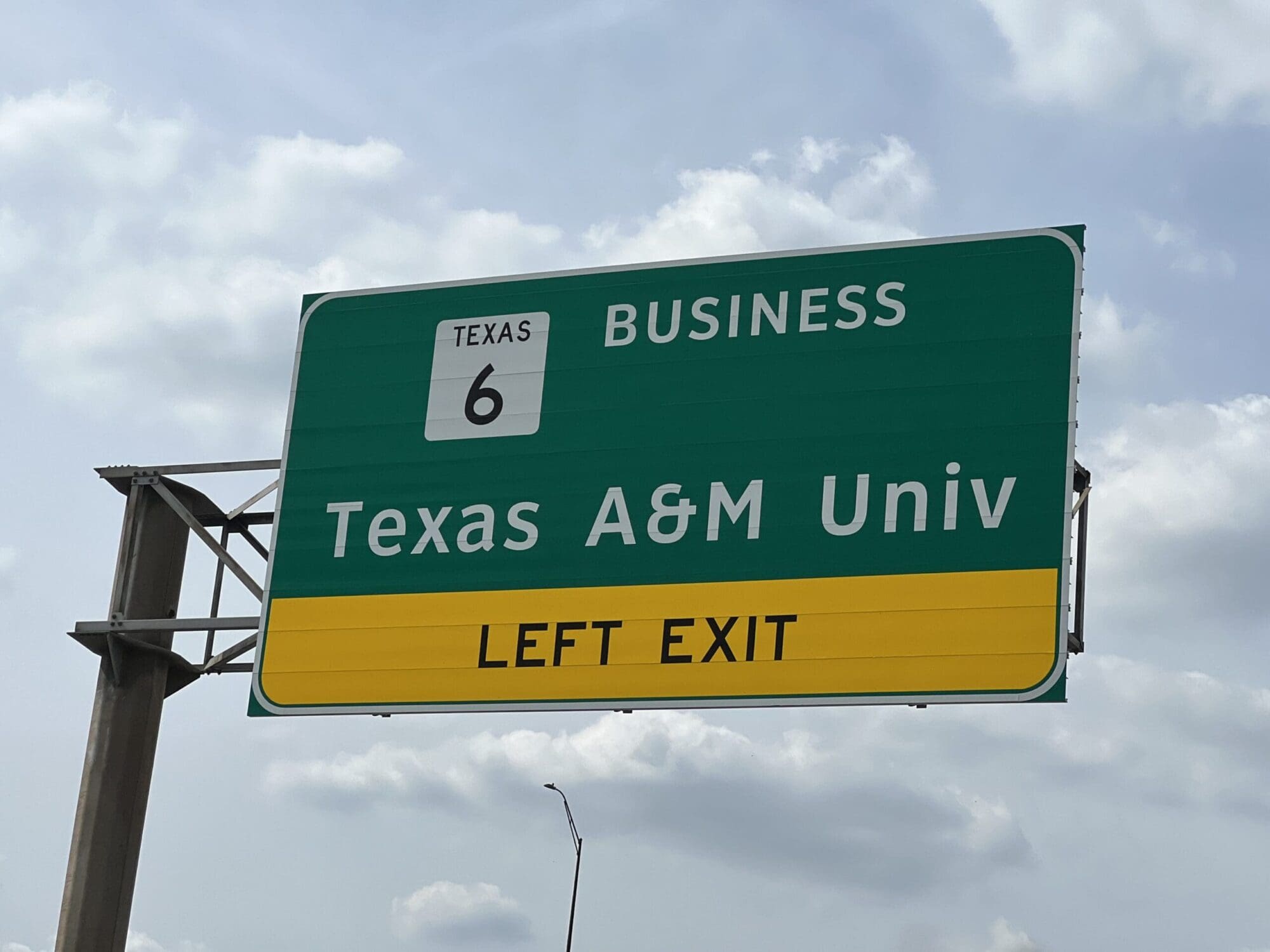AUSTIN — The University of Texas has refused to cut ties with the chief historian of the Texas State Historical Association (TSHA) after State Sen. Mayes Middleton of Galveston asked the university to not extend his contract with the TSHA.
Chief Historian Walter L. Buenger has been with the TSHA since 2017 and has strongly asserted the idea that the Battle of the Alamo was “tactically insignificant” and that the slogan “Remember the Alamo” only garnered significance in the 1890s to “commemorate whiteness.” Middleton says this ideology “marginalizes Texas.”
The University of Texas at Austin and the TSHA currently have an academic agreement that requires UT to “designate a member of its faculty or another UT Austin employed Texas History Scholar, acceptable to TSHA, to serve as the ‘TSHA Chief Historian.’” Therefore, UT holds the authority to remove its employees from the board.
In a letter to UT criticizing Chief Historian Walter L. Buenger, Middleton wrote, “As a historian, the TSHA Chief Historian should be actively promoting Texas history and encouraging student engagement with our State’s rich history in a way that does not try to re-write it.”
“The statement [by Buenger] that the Alamo is not significant is ludicrous,” Sherry Sylvester, senior fellow with Texas Public Policy Foundation, told Texas Scorecard. “[The Alamo] likely changed the course of American history.”
Despite these claims, Ann Huff Stevens, dean of the College of Liberal Arts at the University of Texas at Austin, insisted on extending Buegner’s contract with the TSHA.
“It is our understanding that the TSHA governing board continues to find Dr. Buenger’s service acceptable,” Stevens wrote in response to Middleton. “Professor Buenger has been and remains a faculty member in good standing with the Department of History and the College of Liberal Arts.”
The call to remove Buegner as chief historian on the board of directors comes amid an internal lawsuit by board member J.P. Bryan, who served as executive director in 2022. During his time as executive director, Bryan questioned how the board members were classified.
Traditionally, the board of directors at the TSHA is evenly composed of 10 academics and 10 non-academics. This split is intended to “keep balance within the association.”
However, with the recent appointment of board member Mary Jo O’Rear, the line between academic and non-academic members was blurred.
Since O’Rear taught history in public high schools for 30 years, Bryan insisted that O’Rear be considered an academic. However, Buegner, who serves on the board, asserted that high school teachers have never been considered academics on the board.
As a result, Bryan filed a lawsuit against the TSHA and its president, Nancy Baker Jones, for abusing their power. After receiving a case hearing, Bryan’s case was suspended until September 2023.
According to Donald Fraizer, the Dean of History at Schreiner University and TSHA Board Member, Bryan is a Texas patriot who has been “double-crossed by the TSHA.”
“The leadership of the TSHA is quick to point out that Bryan is the heir of a fortune made through the employment of enslaved labor back in the 1850s,” Frazier told Texas Scorecard. “The irony, of course, is that this smear campaign then blows back to their own ideological purity since Bryan’s so-called tainted money has kept the organization in business on multiple occasions.”
Due to the case suspension, TSHA board members are legally barred from meeting to discuss staffing—including Buenger’s position—until the next case hearing in September.
“Walter Buenger knows a lot of things and is an expert in a few of them,” Fraizer told Texas Scorecard. However, in regards to the Alamo, Fraizer said, “Military history is not one of his avowed arenas of study.”
No ads. No paywalls. No government grants. No corporate masters.
Just real news for real Texans.
Support Texas Scorecard to keep it that way!





